Last year, people could not eat out and retail blueberry sales rose significantly. "There is currently no extra movement yet. Even though eateries in the Netherlands have to close earlier. Demand, however, remains good," says Roberto Latorre of CarSol Europe. "There is quite a bit of fruit available. Peru, for example, has sent ten percent more product so far. But those volumes are now declining dramatically."
"In contrast, South Africa is on the market with larger volumes. The first Chilean blueberry containers have been loaded. We expect them in week 51, just before Christmas. Chilean volumes will dominate the market from then on. Spring had good growth conditions. It has, however, been a bit cooler. That's slightly delayed the start of the season."
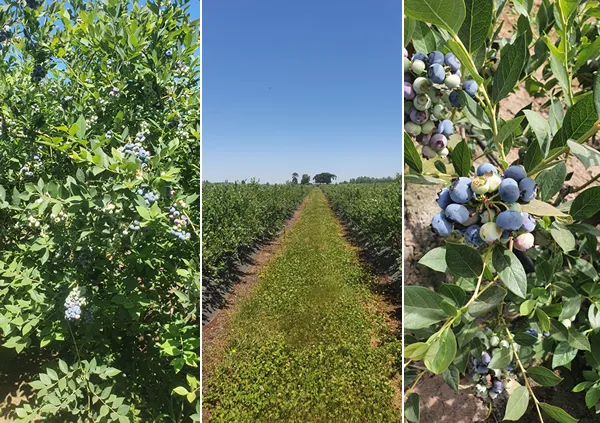
Chilean cultivation
Blueberry consumption has been climbing for years all over the world. And more of these soft fruits are cultivated every year. Peru, for instance, harvested about 35% more this year than last season. Some of those additional quantities go to Europe. Some go to new markets that are being tapped, especially in the Far East. But Roberto knows most still go to the United States. Peru exported some 45% more product there this year. In Europe, consumption has increased by around ten percent.
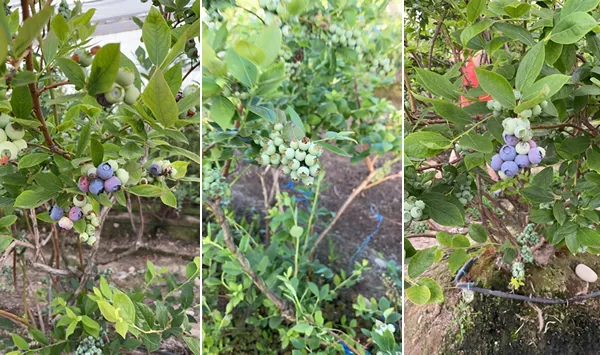
Targeted pruning
CarSol received its first Peruvian blueberries in late August. Most exporters stop arrivals in Europe at the end of December. This company, based in the Netherlands, however, continues until late February. That amounts to just under seven months. "We're in a different growing area, Piura. Thanks to the favorable climate there, we can stretch the season. But we plan the cultivation carefully on our 500-hectare acreage. By doing targeted pruning, you can spread the harvest nicely," says Roberto.
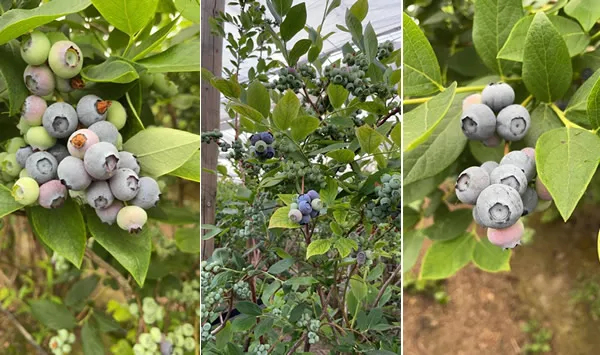
Stable sales prices
This season, Peruvian blueberry sales prices were fairly stable. "For sales towards supermarkets, we work with both seasonal and weekly prices. We also sell a little on the free market. Prices have remained reasonably stable. Though it's difficult to pass on the increasing costs of, say, labor in the country of origin. Or the rising price of transport and raw materials for packaging in the chain. In our sector, the market situation determines prices."
Optical sorter further improves quality
"Overseas fruit importers and exporters around the world face a rising demand for reefer containers. That is aside from the increasing prices for many commodities. But our blueberries are still being shipped on time. In Peru, for now, there are relatively few problems getting containers. When the blueberries arrive at the port of Rotterdam, they head for the packing station. There the fruit goes through our optical sorters and is packed to customer specification," explains Roberto.
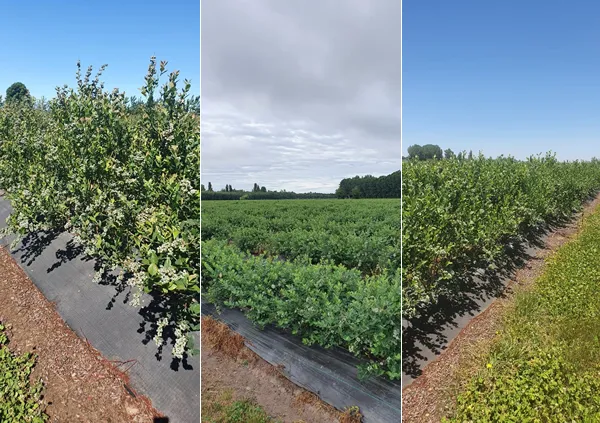
Less plastic in France and elsewhere
CarSol does not only sort blueberries which they receive in 3.5kg packaging. This distributor also provides a tailormade product. They package the blueberries in a client-specific format. And they deliver the end product as quickly as possible. And that has to be done with less and less plastic. In France, this is already regulated by law. But, in the Netherlands and other countries, too, the market has little choice.
It must respond to consumer demand for more environmentally friendly products. Less plastic in small fruits will certainly be one of the big challenges for the whole chain. That is both for importers and end customers. But it is possible, as proven by the organic segment. They already have more types of packaging available than conventional berries. These include cardboard or pulpboard packaging with sleeves or heat-sealed with Mono-PET film.
In recent months, CarSol has flown most of its organic blueberries in from Argentina. Container shipping is now getting going better and will be available until mid-December. It takes a little longer for blueberries to arrive from Argentina than those from Chile. That is due to fewer connections.
And with the current delays, a crossing sometimes exceeds 30 days instead of taking 25 to 26. That must be taken into account. "Then we sometimes have to discard a few more of those berries, even though they're transported in atmosphere-controlled containers," says Roelant Komen, CarSol's organic specialist.
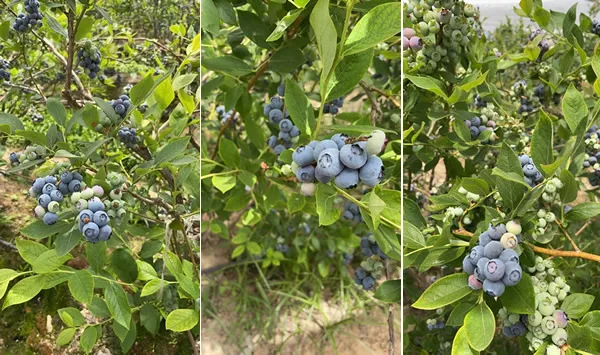
Organic growing well, but conventional is doing even better
The organic blueberry market is growing, as is the conventional one. "Organic quantities, however, remain modest. We do about 85% conventional and 15% organic product. Most of the organic berries go to supermarkets. And we, of course, market then to organic stores." Currently, there is little organic blueberry cultivation in Peru. "But, should that sector develop, Peru could pose a threat to Argentine growers. They have the disadvantage of higher logistics costs and longer transit times," concludes Roelant.
 For more information:
For more information:
CarSol Europe
Tel: +31 (0) 107 632 683
Roberto Latorre: [email protected]
Roelant Komen: [email protected]
Website: www.carsolfruit.com
